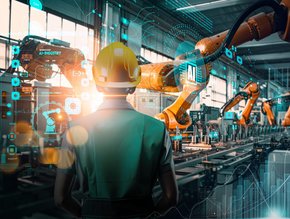Continental Pioneers Solutions for Autonomous Driving
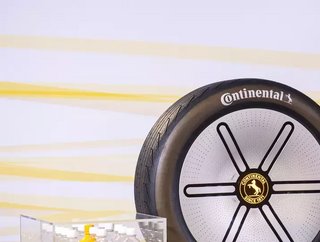
‘Safe. Connected. Convenient. Driving the Future of Mobility for 150 Years’
At the 2021 IAA MOBILITY event, Continental - a manufacturer of pioneering technologies and services for sustainable and connected mobility - presented its latest solutions for the future of global mobility.
As its tagline suggests, the company is focusing on safe, sustainable, and connected mobility for people and their goods. At the event, the company showcased its innovative solutions for assisted and automated driving, high-performance computers and software for server-based architectures, safety technologies, user experience, and sustainability.
“The results of our mobility study prove how great the need for personal mobility continues to be worldwide – especially during the pandemic. People enjoy the freedom of personal mobility while at the same time attaching importance to sustainability and emission-free driving. We offer groundbreaking solutions in these areas,” said Nikolai Setzer, CEO, Continental.
Sustainability
Showcasing its efforts in sustainability, Continental presented a world first, the Conti GreenConcept, setting new standards when it comes to sustainability.
Development engineers and materials experts at Continental worked on three levels to achieve this product. Based on innovative, resource-saving lightweight technology, more than 50% of the new tire contains a high proportion of traceable, renewable and recycled materials, and ensures an extended service life due to its renewable tread.
“The Conti GreenConcept can be replaced multiple times with little effort in terms of time and materials. This vastly improves resource conservation, because renewing the thread three times would ensure that the material used for the casing is halved in relation to its total mileage,” said Continental.
With 35% of the tires made from renewable raw materials, the organic materials used in the production of the tires include natural rubber from dandelions, silicate from the ashes of rice husks, and various vegetable oils and resins. By using these materials, Continental significantly reduces the amount of crude oil-based materials in the product.
In addition, the Conti GreenConcept is made from 17% recycled materials. Alongside its use of steel and carbon black, Continental is using polyester from recycled PET bottles in the tire’s casing for the first time.
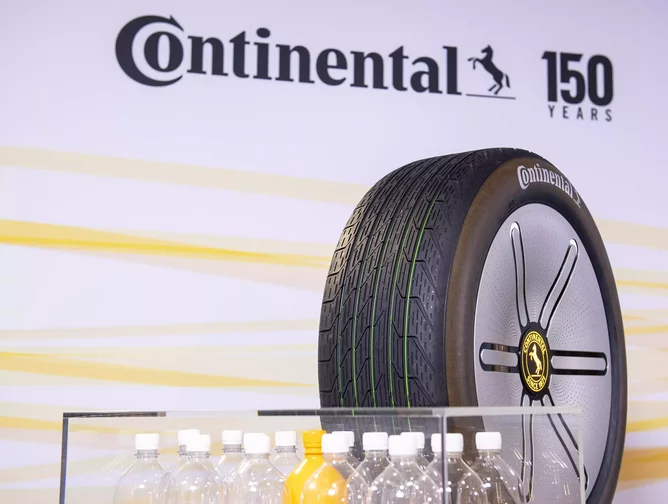
Using a lightweight design, Continental has significantly reduced the weight and rolling resistance of the new tire. “All the individual improvements together result in significantly lower rolling resistance for the Conti GreenConcept. Based on internal analysis, this is around 25% lower than that of a tire with class A rolling resistance according to the EU tire label, the best in this area. The Conti GreenConcept, therefore, has a measurable positive effect on the environment. Lower rolling resistance means the vehicle consumes less energy, which in the case of electric vehicles extends their range by up to 6%,” added Continental.
“The cars of the future will still need tires, which we are making more and more sustainable, as our concept tire shows. The Conti GreenConcept demonstrates how Continental will completely convert its global tire production to the use of sustainable materials by 2050 at the latest. This underlines our goal of being the most advanced tire company along the entire value chain by 2030 in terms of social needs as well as our ecological and economic footprint. Step by step, our solutions and technologies are enhancing sustainability and climate protection on the road,” said Setzer.
“From as early as 2022. we will make our global business for emission-free vehicles completely carbon-neutral. By 2040, we are aiming for zero carbon emissions at all of our plants worldwide. Finally, by 2050 at the latest, we plan to be carbon-neutral along the entire value chain.”
Autonomous Driving
Another industry trend that Continental is focused on includes autonomous driving. For many years the company has been developing and offering solutions for automotive and autonomous mobility.
Such solutions include radar sensors, camera technology, LiDAR sensors, high-performance computers for automotive driving, a full software stack for assisted and automated driving, and in-cabin monitoring.
As Continental advances these capabilities, the company is augmenting them with artificial intelligence and deep learning methods.
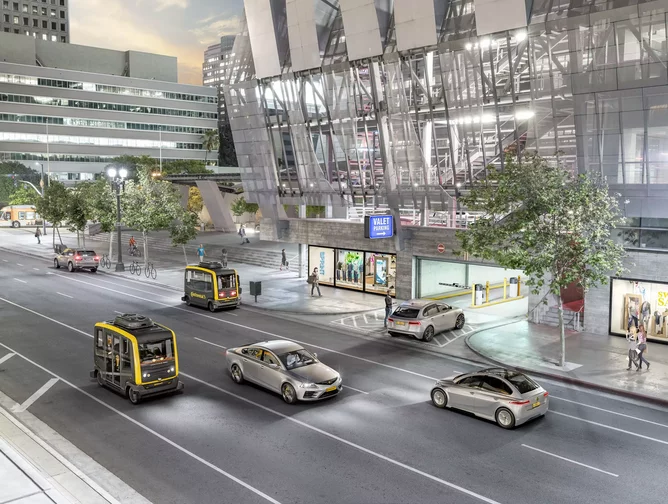
“Our goal is and will continue to be global technology [leader] when it comes to assisted and automated driving. The products and solutions for future mobility that we will be presenting here at the IAA MOBILITY are not only groundbreaking but are also setting industry standards for the mobility of tomorrow,” commented Setzer.
At the event, Continental demonstrated how its innovations can help in everyday driving situations including automated parking features for greater safety and convenience, as well as service systems to independent wash vehicles or charge the vehicle’s battery.
High-Performance Computers and Software
At the heart of their modern vehicles, Continental explains that “more and more, modern vehicles are becoming part of the Internet of Everything, assuming the role of computers on wheels that are defined by software and wireless data exchange.”
The company emphasises the need for a handful of high-performance computers and zone control units to take over the central management of all vehicle functions, instead of a complex network of numerous microcontrollers.
“Everything depends on the software, which is one of the top skills of our approximately 20,000 software and IT specialists with their many years of experience in the application of information technology in all vehicle areas. In 2020, we were the first automotive supplier in the world to put a high-performance vehicle computer into production. This key centrepiece has since evolved into many others that we are showcasing here at the trade fair,” said Setzer.
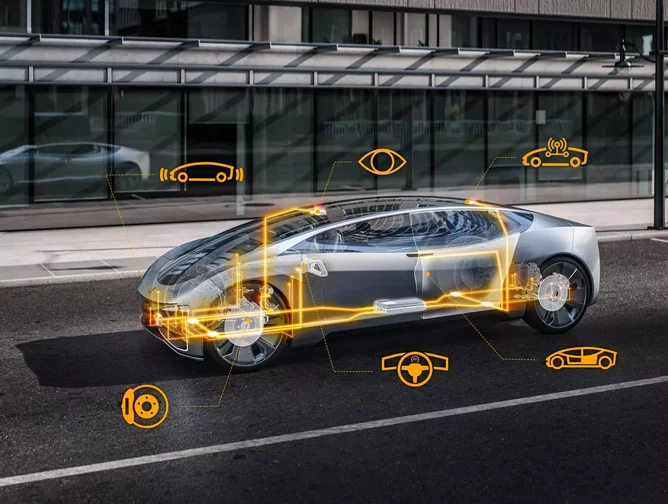
Vehicle Interiors
“Vehicle interiors of the future are set to become trendier and multifunctional, merging cockpit, living area and workspace. In other words, they will become a versatile third living space. Consumers will expect the use of sustainable materials, appealing designs and, of course, convenient digital solutions,” said Setzer.
“With our AMBIENC3 concept vehicle based on a Volkswagen T2 Bus, we will be highlighting the strengths of our technologies and innovations, our sustainability and our designs in an emotional way here at the trade fair, in keeping with the ‘retro meets future’ theme."
- GE Vernova moves to Electrify and Decarbonise the WorldTechnology
- GTK: IoT, Sustainability & Touchscreen Tech in ManufacturingAI & Automation
- The Impact of NCSA on Manufacturing & the Supply ChainProcurement & Supply Chain
- Grundfos' Sustainable Manufacturing & Energy EfficiencySustainability & ESG






